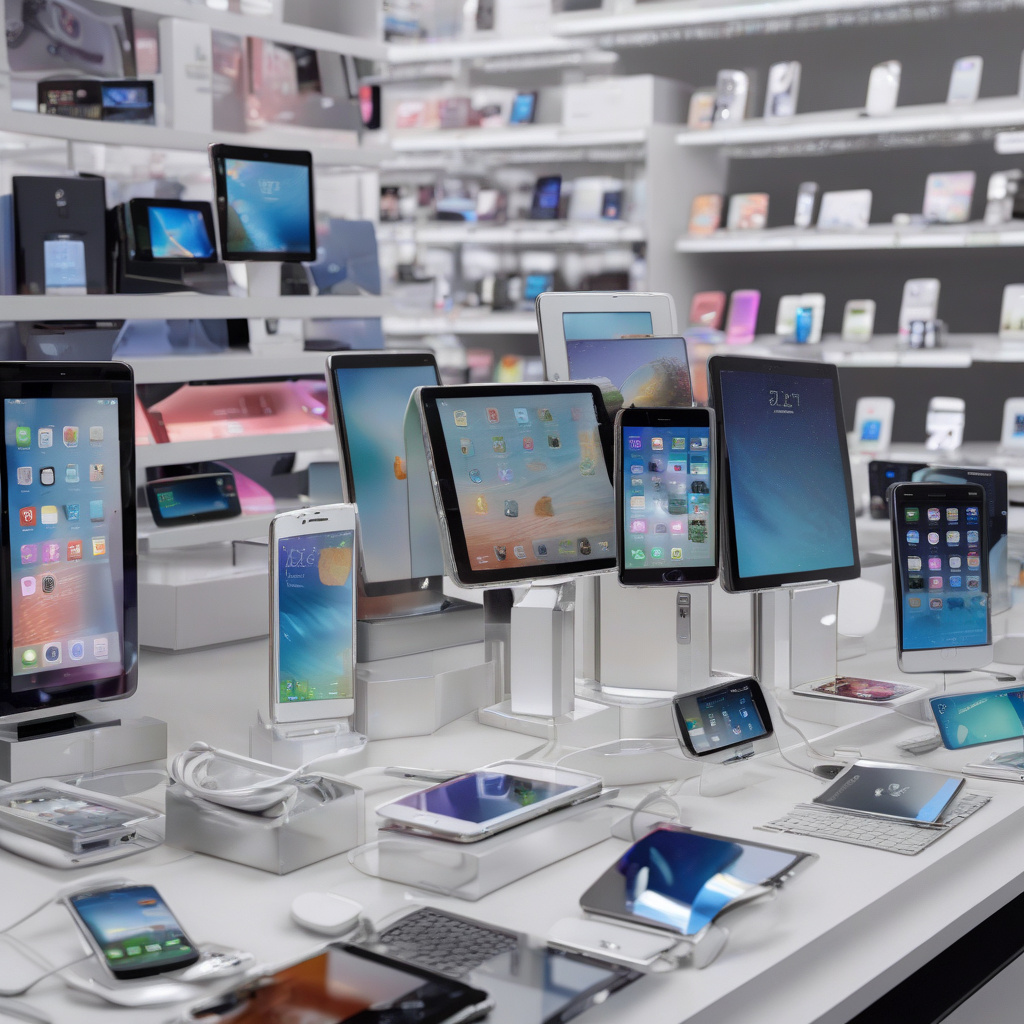Trump’s Tech Tariffs Exemptions Provide Relief for Apple and Dell
In the midst of a tumultuous trade war between the United States and China, President Trump’s recent decision to grant tariff exemptions on smartphones and laptops has come as a welcome relief for tech giants like Apple and Dell. This unexpected move has not only eased the mounting pressure on these companies but has also sparked discussions about the broader implications for the technology industry as a whole.
The ongoing trade dispute between the US and China has been characterized by retaliatory tariffs on billions of dollars’ worth of goods. The tech sector, in particular, has been caught in the crossfire, with companies facing the prospect of increased costs and disrupted supply chains. However, the exemption of smartphones and laptops from the latest round of tariffs has provided a much-needed reprieve for industry players who rely heavily on these products for their revenue.
Apple, one of the largest smartphone manufacturers in the world, stands to benefit significantly from this decision. The company’s flagship product, the iPhone, has so far been spared from additional tariffs, allowing Apple to avoid passing on potentially higher costs to consumers. This exemption not only safeguards Apple’s profit margins but also ensures that its competitive position in the global market remains strong.
Similarly, Dell, a leading producer of laptops and computers, has reason to celebrate the tariff exemptions. With the majority of its products falling into the exempt category, Dell can breathe a sigh of relief knowing that its bottom line will not be unduly impacted by trade tensions. This newfound stability will enable the company to focus on innovation and growth rather than navigating the uncertainties of tariff-related challenges.
Beyond the immediate benefits to individual companies, the tariff exemptions have broader implications for the technology industry. By sparing smartphones and laptops – two essential and widely used products – from additional tariffs, the Trump administration has signaled a recognition of the importance of these items in everyday life. This move not only shields consumers from potential price hikes but also underscores the significance of technology in driving economic growth and innovation.
Moreover, the exemptions highlight the interconnected nature of the global tech supply chain. Many tech products are manufactured through complex networks that span multiple countries, making them vulnerable to the ripple effects of trade disputes. The tariff exemptions serve as a reminder of the intricate web of relationships that underpins the technology industry and the need for strategic policymaking to support its continued success.
Looking ahead, the impact of Trump’s tech tariff exemptions is likely to reverberate throughout the industry. Companies like Apple and Dell now have an opportunity to consolidate their positions, explore new growth avenues, and invest in research and development with a greater sense of certainty. As the trade war between the US and China continues to unfold, the resilience of the technology sector in the face of uncertainty will be put to the test.
In conclusion, Trump’s decision to spare smartphones and laptops from additional tariffs represents a significant development for the tech industry. By providing much-needed relief to companies like Apple and Dell, the exemptions have not only mitigated immediate challenges but have also underscored the vital role of technology in the global economy. As the sector navigates ongoing uncertainties, the tariff exemptions offer a glimmer of hope and stability in an otherwise turbulent landscape.
Trump, tech, tariffs, exemptions, Apple, Dell












